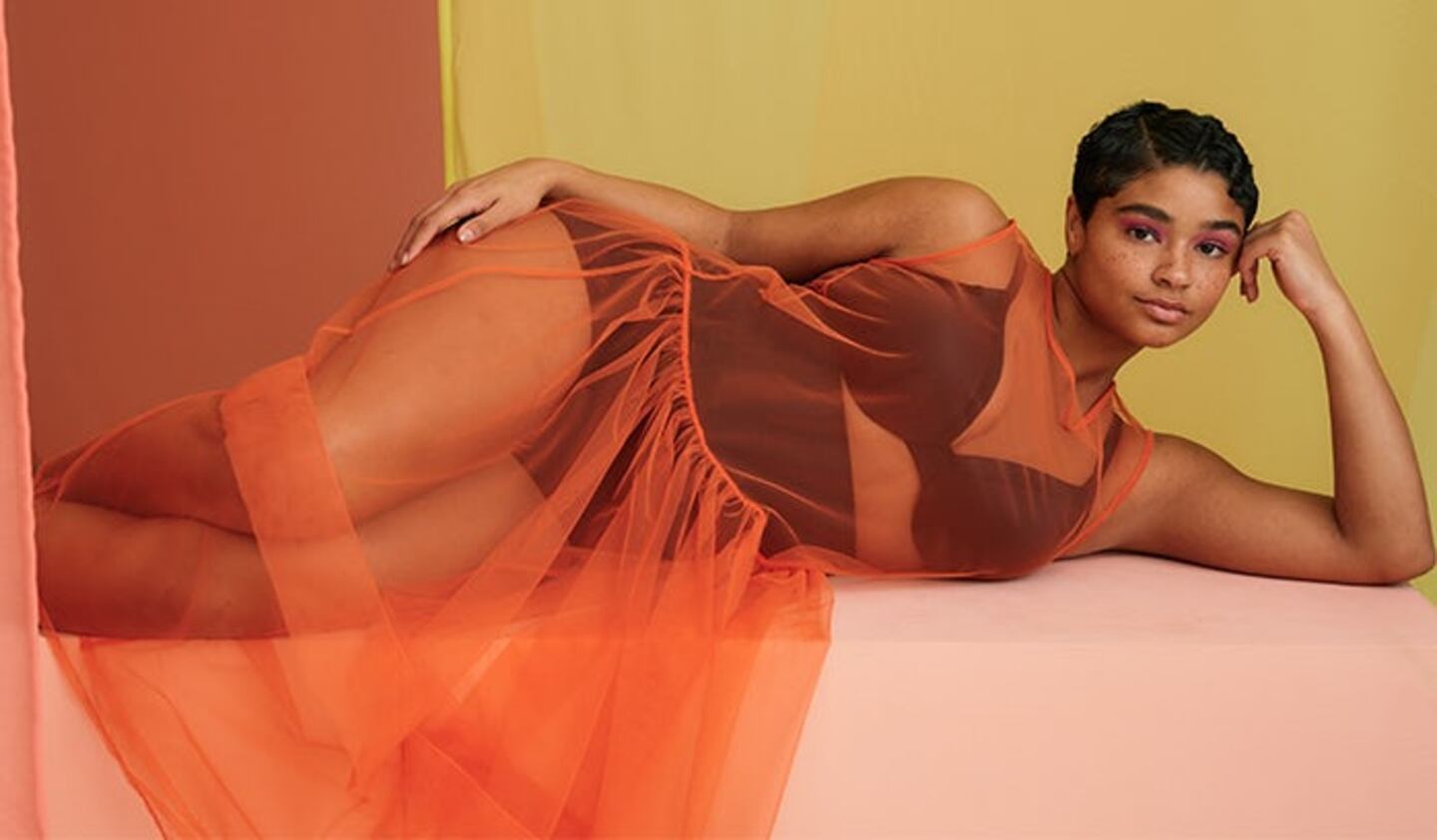
The Business of Fashion
Agenda-setting intelligence, analysis and advice for the global fashion community.

Agenda-setting intelligence, analysis and advice for the global fashion community.

Debt-ridden Chinese fashion and textiles giant Ruyi Group is facing creditor action to seize its Lycra business after reportedly defaulting on a $400 million loan it took out in May 2019 to fund the deal.
Ruyi, which originated as a textiles manufacturer, embarked on an expensive acquisition spree in 2015 directed by chairman Qiu Yafu. Its stated intention, at the time, was to build a Chinese luxury fashion conglomerate and its stable once included Gieves & Hawkes, Aquascutum and, most famously, SMCP, parent of the French affordable luxury brands Sandro, Maje and Claudie Pierlot.
The Chinese company bought control of The Lycra Company from Kansas-headquartered industrial conglomerate Koch Industries for $2.6 billion in 2019, borrowing about $1 billion to fund the deal. The Lycra business includes the elastane brand names Lycra and Coolmax.
On Monday, creditors – which Reuters identified as including China Everbright Limited and Tor Investment Management of Hong Kong, along with South Korean private-equity firm Lindeman Partners and its affiliate Lindeman Asia – issued a statement saying they would seek full equity control of Lycra, including appointing receivers for its assets.
ADVERTISEMENT
Reuters reported in 2020 that some of Shandong Ruyi’s creditors had hired a restructuring specialist to approach potential buyers for Lycra after weakening financial performance brought into question the parent company’s ability to repay its loan. No such deal was reached.
The Lycra default is not the first financial troubles to impact Ruyi in recent years. In February 2018, Swiss-based German conglomerate JAB Holding said it would sell its controlling stake in Bally to Shandong Ruyi for around $600 million, but by March 2020 that deal was off after Bally announced the buyer could not raise funds to settle the purchase.
The same month, Israeli garments firm Bagir said it was preparing to sue Ruyi Group for defaulting on the settlement of a 54 percent stake in Bagir in a deal reached in November 2017. Inside Retail Asia reported that Ruyi had sought a postponement to finalise the $16.5 million deal “owing to an unexpectedly lengthy period of official scrutiny by the Chinese administration”.
In May 2020, Ruyi’s majority-owned Japanese subsidiary Renown filed for bankruptcy citing trading challenges resulting from the Covid-19 pandemic. The 118-year-old heritage firm, once one of the world’s largest apparel manufacturers, was best known in more recent times for its D’Urban and Arnold Palmer brands.
And last month, SMCP removed five board members associated with Ruyi after the company defaulted on bonds used to acquire its shareholding.
For the past three years, Ruyi has been evaluating opportunities for an IPO to raise funds for acquisitions. It was reported to be exploring a US listing with Goldman Sachs in April 2019, but the timeline reported at the time was “within three years”.
Learn more:
What Will Ruyi’s Unravelling Mean for SMCP?
ADVERTISEMENT
The future of French contemporary giant Sandro, Maje and Claudie Pierlot is at stake in a dispute between distressed Chinese shareholder Ruyi Group and its lenders.
With consumers tightening their belts in China, the battle between global fast fashion brands and local high street giants has intensified.
Investors are bracing for a steep slowdown in luxury sales when luxury companies report their first quarter results, reflecting lacklustre Chinese demand.
The French beauty giant’s two latest deals are part of a wider M&A push by global players to capture a larger slice of the China market, targeting buzzy high-end brands that offer products with distinctive Chinese elements.
Post-Covid spend by US tourists in Europe has surged past 2019 levels. Chinese travellers, by contrast, have largely favoured domestic and regional destinations like Hong Kong, Singapore and Japan.